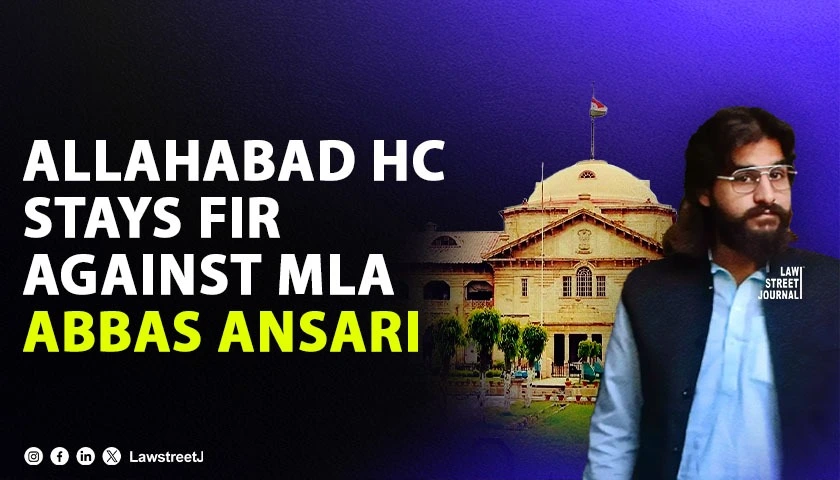NEW DELHI: The Supreme Court Monday pulled up the Uttar Pradesh Government for “tearing hurry” for bringing an ordinance to set up a trust to manage famous Shri Banke Bihari Temple in Vrindavan, and indicated to hand over the administration of the religious place to a committee headed by a retired judge.
On May 26, the state brought out the Uttar Pradesh Sri Banke Bihari Ji Mandir Nyas Ordinance, 2025, setting up a trust for managing the affairs of the shrine.
Taking up a plea questioning validity of the Ordinance, a bench of Justices Surya Kant and Joymalya Bagchi asked Additional Solicitor General K M Nataraj, representing the state government, to take instructions and scheduled the matter for consideration on Tuesday.
The court also criticised the "clandestine manner" in which the state secured permission from the apex court, through the May 15 judgment, for the use of Rs 500 Cr of temple funds for the corridor development project in a civil dispute.
During the hearing, the petitioners’ counsel senior advocate Shyam Divan vehemently opposed the May order of the apex court and the ordinance brought out by the state setting up a trust for managing the affairs of the shrine.
The apex court wondered that when those managing the temple currently were not party to the hearing, how an order could be passed on an interlocutory application.
The court proposed to recall the directions in the May 15 judgment.
Nataraj argued that it is a public temple, and stressed that those who have come to the court against the May order and the state’s ordinance have no locus standi. The bench was informed that the parties before the court were not the management committee. “So many people claim, but no recognised management committee is there. These are all unauthorised people,” Nataraj said.
The bench said that private persons cannot pocket the temple funds, and the funds will have to be utilised for pilgrims, and nothing has stopped the state government from carrying out any development and pointed out that providing basic amenities is the responsibility of the state government.
The court expressed its discontent with the state government clandestinely moving the court, and those concerned in the matter were not informed.
The bench, citing the example of the Golden Temple in Amritsar, appreciated the development around the temple.
The bench said against the backdrop of the dispute between the warring groups, it has a proposal.
“A proposal can be that this part of the judgment (May 15, state using temple funds) we recall or keep it in abeyance, and not allow this part of the judgment to be operated. Second, we will request some retired high court judge to be the chairperson of the managing committee to run day-to-day affairs of this temple…if do not find a former high court, then a senior retired district judge will be the managing trustee,” the bench said.
The court said the Ordinance part can be challenged by the parties in the high court.
Before ending the hearing, Justice Kant said, “When you talk of mediation, he (Lord Krishna) was the first mediator…we also try to mediate”.
“We will ask the committee headed by a former judge to see the entire area, how can there be a better management plan for all the temples," the bench said.

















